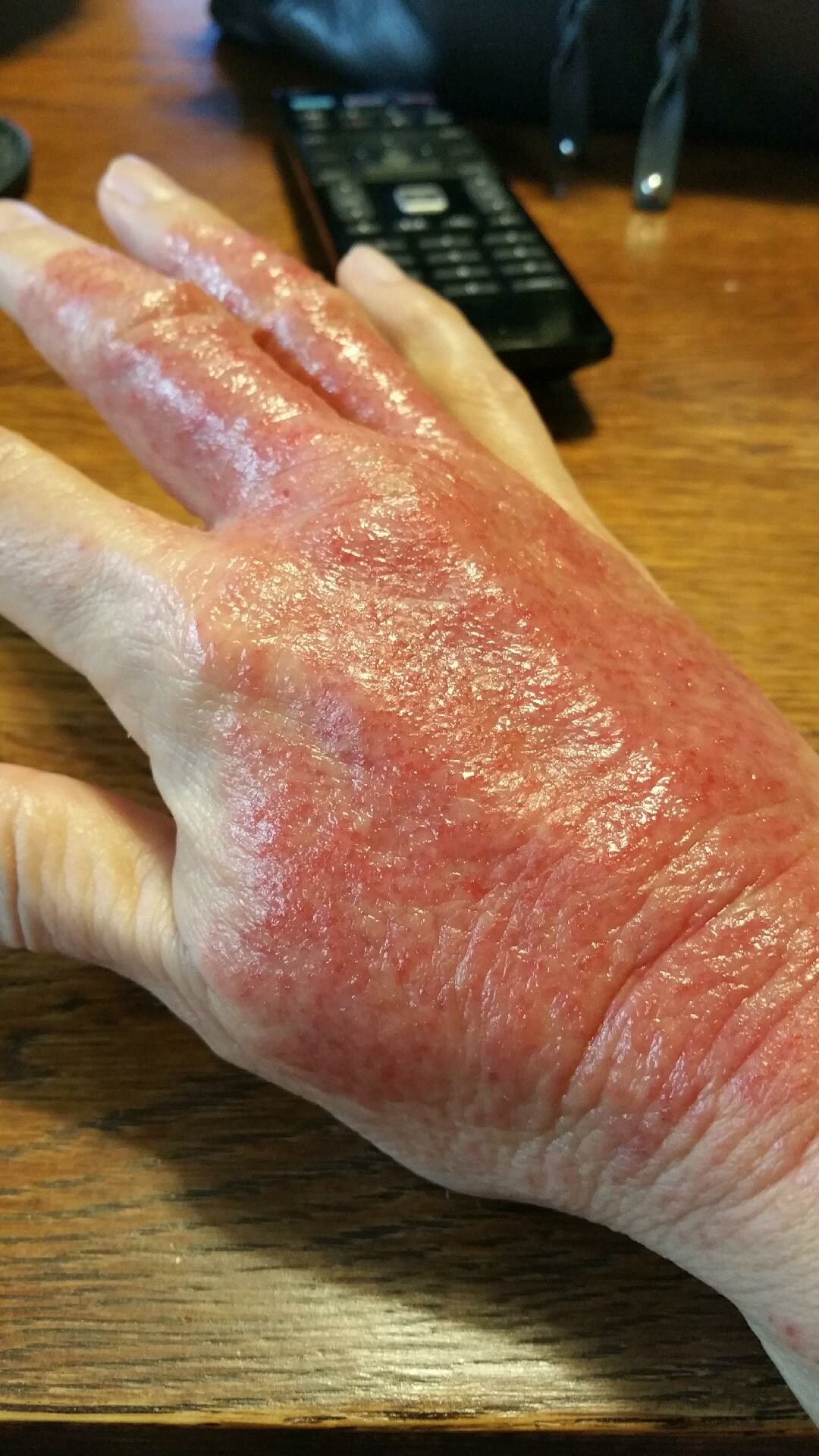
Are you tired of that uncomfortable feeling of bloating after meals? Bloating is a common issue that many people face on a regular basis, but did you know that there are different types of bloating that can be caused by various factors? Each type of bloating requires a unique approach. Be intentional about understanding and addressing the underlying causes.
Different Types of Bloat
- protein bloat
- starchy foods bloat
- dietary fats bloat
- sugars/fibers bloat
Protein Bloat
Are you constantly feeling bloated after consuming protein-rich foods? Bloating can be a frustrating and uncomfortable experience, but understanding the root cause of this issue is crucial for finding relief. Whether you prefer plant-based proteins like beans and lentils or animal proteins, it's essential to be intentional about your choices.
- high protein shakes/bars
- plant-based proteins > contain oligosaccharides can be tougher to digest, potentially leading to bloating
- sensitivities
- lactose intolerance > whey-based protein shakes and bars
- sensitivity to certain sweeteners
- low levels of hydrochloric acid (HCL) can hinder proper digestion, resulting in bloating
- H. Pylori infection may contribute to decreased HCL production, leading to bloating
Starchy Foods Bloat
For some individuals, the consumption of starchy foods can lead to uncomfortable bloating. This bloating occurs when the body is unable to adequately break down the sugars present in foods due to a deficiency in pancreatic enzymes.
- amylase > breaks down sugars in bread, rice, pasta, potatoes, breakfast cereals
Dietary Fats Bloat
Dietary fats can cause bloating because they may be digesting too slowly. If the gallbladder is congested and unable to release the appropriate amount of bile at the right times, fats will not be digested properly causing bloating
Sugars/Fibers Bloat
Bacteria plays an important part in your digestion. Extra or too much bacteria causes problems.
- SIBO (small intestinal bacterial overgrowth) > overgrown gut bacteria feeds off undigested carbohydrates causing fermentation and gas
- high fiber content (protein shakes/bars) can initially cause gas and bloating
General Tips to Avoid Bloating After Eating
- stay hydrated: lack of hydration disrupts the digestion process
- slow down: eating or drinking quickly causes more air to be swallowed
- use essential oils
- this study tested the effectiveness of fennel and curcumin in people with IBS
- peppermint and ginger are known for their digestive calming properties. This oil blend contains peppermint, ginger and fennel.
- movement: physical activity can get things moving ... including gas ... in the "lower hemisphere plumbing" quickly
- probiotics: a daily probiotic ... like this one ... can help bring back the proper balance of good/bad bacteria in the gut microbiome
By identifying the specific factors contributing to your bloating, you can adopt targeted solutions and enjoy nutrient-rich meals without discomfort. If you are not sure where to start, a Biosurvey can show you which areas of your body are most in need.







